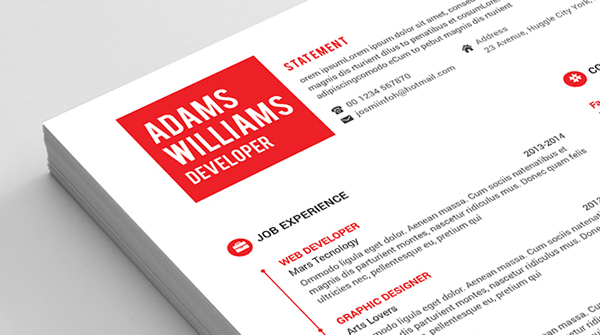Andy Warhol once said that, in the future, everyone will have 15 minutes of fame. With the advent of widespread Internet, cheap hosting, and readily available website solutions, that future is here. Of course, it doesn’t mean that publishing a website is easy and painless. To actually make your website appear on the World Wide Web, you will have to make decisions, pay some cash, and put in a fair amount of effort. The first decision you will have to make is choosing how to set up your website. Will you use a template, content management system, or maybe learn coding and do it yourself? All of these approaches have their own advantages and disadvantages, depending on what you want to achieve with the website.
Clearly Define Your Goal
The most common error, not limited to just website design, is not having a clear, coherent plan for your site. You must decide what you want to achieve, the purpose of the site, and if you’ll expand its functionality in the future. Deciding on these and similar points are the absolute bare minimum. With that in hand, try to formulate what you will need. For example, you’re a programmer and want to share your knowledge with others. However, you don’t plan on making new pages on the site often. In this case, consider investing in custom website design, rather than going straight for a CMS or programming it from the ground up. Conversely, if you plan to make regular updates, by blogging, for example, then a CMS might save you a headache down the road.
Consider Your Style
How you do business is also an important factor. For a person who generally works in a handful of locations he visits often, manually updating pages and creating them by hand might not be a problem. However, someone who travels frequently and has no guarantee that he will be able to use his website software everywhere, might prefer more flexibility. A CMS allows anyone with the right credentials to access the site and add content, regardless of the software installed on the machine they’re using. Similarly, web hosting companies that offer integrated site builders will often offer similar functionality. Furthermore, you can also easily provide additional people with access to your site for creating content, without compromising the security of the server.
Take Hosting into Account
One factor that should not be disregarded is the hosting company. It’s possible to pick out really good computer website templates for selling parts, have everything prepared for launch, and only then realize that the hosting company you chose doesn’t support your choices. To avoid this, always do research in advance and factor in the hosting into the decision making process. You’ll save yourself a lot of headache. Don’t be afraid to invest a bit of money, however. Cheap hosting can be found, but is often limited in terms of services offered. Spending some extra money on a better host is well worth it, especially if you want reliability and flexibility.
Isn’t Going Free an Option?
Of course. You can conduct business using a free hosting company, using free computer templates, and relying on free stuff all the way. Trouble is, it’s not exactly the most efficient method of doing business and certainly the least professional. Apart from arbitrary limits on services, free hosts will often require you to display advertisements and severely cripple the ability to use third party software. Finally, without your own domain and server, any efforts you make to promote the site will not carry over when you finally switch, effectively wasting your effort.










